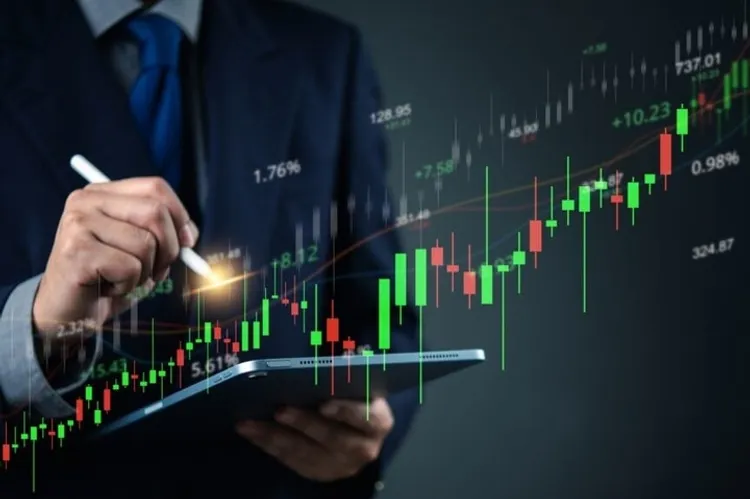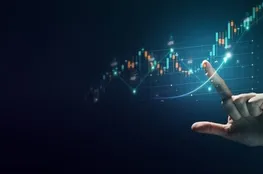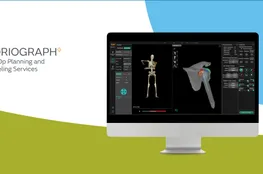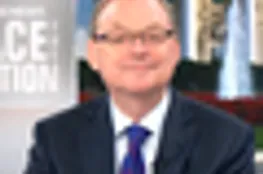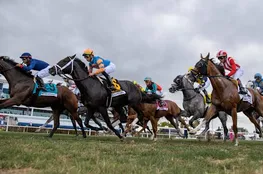Howard Marks, co-founder of Oaktree Capital Management, a renowned investor with a proven track record of navigating market crises, is issuing a critical warning: we are potentially in the ‘early days’ of a significant market bubble. His perspective, honed during the tumultuous 2007-08 financial crisis, offers a valuable framework for understanding current market dynamics and developing a prudent investment strategy. Marks’s approach is rooted in a clear-eyed assessment of risk and a willingness to act decisively when others exhibit complacency. He famously stated, "A lot of people say, you know, we’re not going to try and catch a falling knife, and I believe that you make the big money catching falling knives carefully." This philosophy wasn't born from a sudden realization of subprime mortgages but from a broader observation: a period of excessive risk-taking and a lack of fundamental prudence.
In 2005-06, Marks noticed a concerning trend – the world was behaving in a carefree manner, with limited scrutiny applied to complex financial instruments. He recognized that a deal of that magnitude – a significant departure from established norms – indicated inadequate prudence. This conviction prompted him and his team to initiate preparations to raise $3 billion on January 1st, 2007, anticipating a market correction. They weren’t predicting the specifics of the crisis but recognized the inherent instability of a pro-risk environment. Marks’s foresight wasn’t about anticipating the collapse of the housing market; it was about understanding the psychology of the market and acting accordingly. He saw a dangerous shift in investor behavior, a willingness to embrace risk without sufficient consideration for potential downsides. This proactive approach, based on a deep understanding of market dynamics, ultimately proved highly profitable.
Today, Marks observes parallels with the pre-dot-com bubble environment of 1997, noting that stocks are "expensive relative to fundamentals." Investors, he argues, "like stocks too much." This over-enthusiasm, coupled with a disregard for fundamental valuations, is a key indicator of potential trouble. While acknowledging that valuations are not yet "nutty," Marks emphasizes that we are in the early stages of a potential bubble. He’s not advocating for an immediate, drastic correction but urges investors to exercise caution. His defense strategy centers around shifting towards credit markets, which offer a "contractual rate of return" – a more stable and predictable return than equities, particularly during periods of market exuberance. Marks’s long-term bullish outlook on America remains intact, but his current advice is a call for defensive positioning, prioritizing risk management over speculative gains. The key takeaway is that Marks’s experience during the 2008 crisis provides a timeless lesson: astute investors are those who recognize and react to shifts in market psychology, not simply follow the herd. This proactive approach, guided by fundamental principles and a willingness to challenge prevailing sentiment, remains a cornerstone of his investment strategy and a valuable guide for navigating today’s complex market landscape. He isn’t predicting a crash, but he’s warning against the dangers of unchecked optimism and the potential for significant losses if investors fail to adapt their strategies accordingly.

